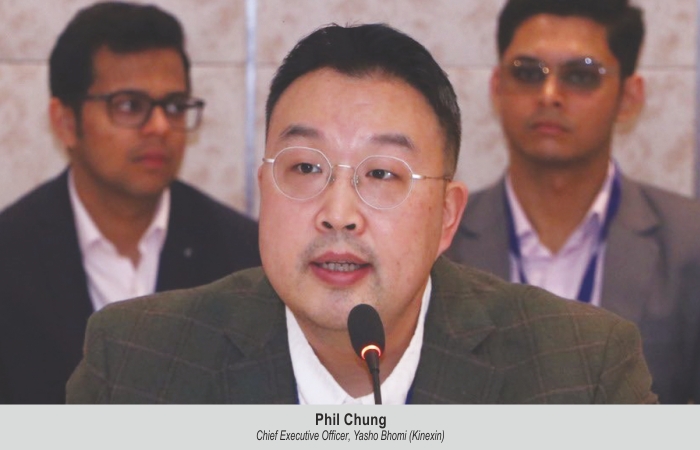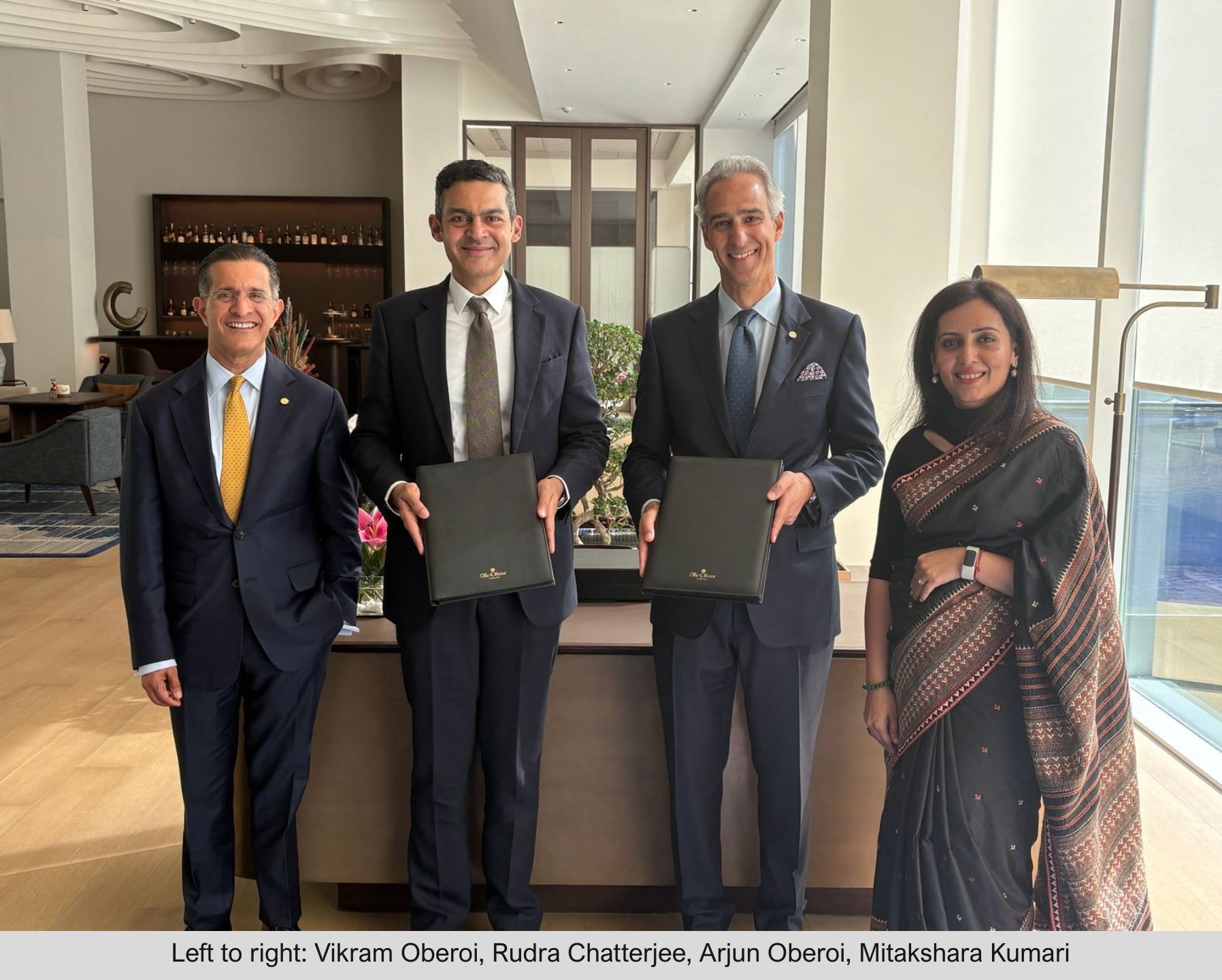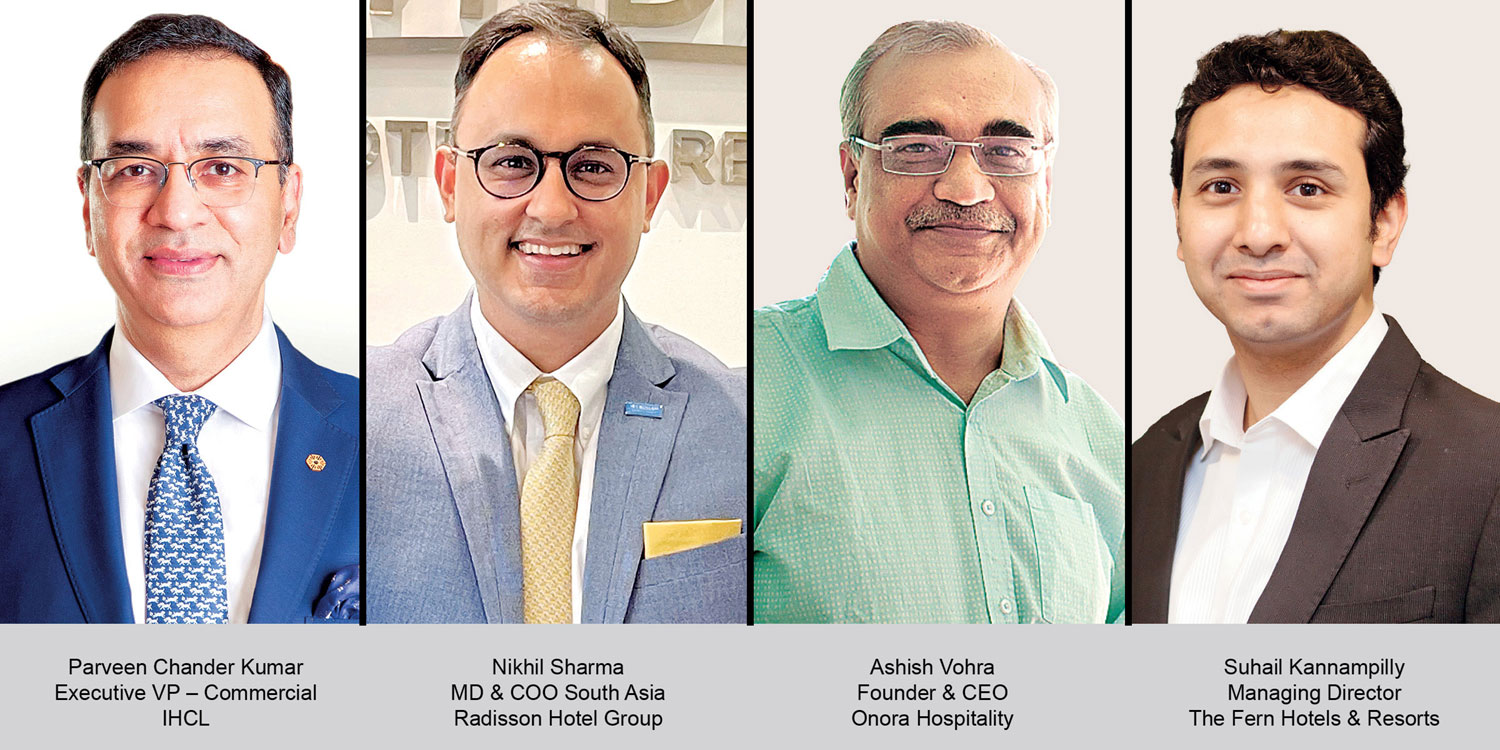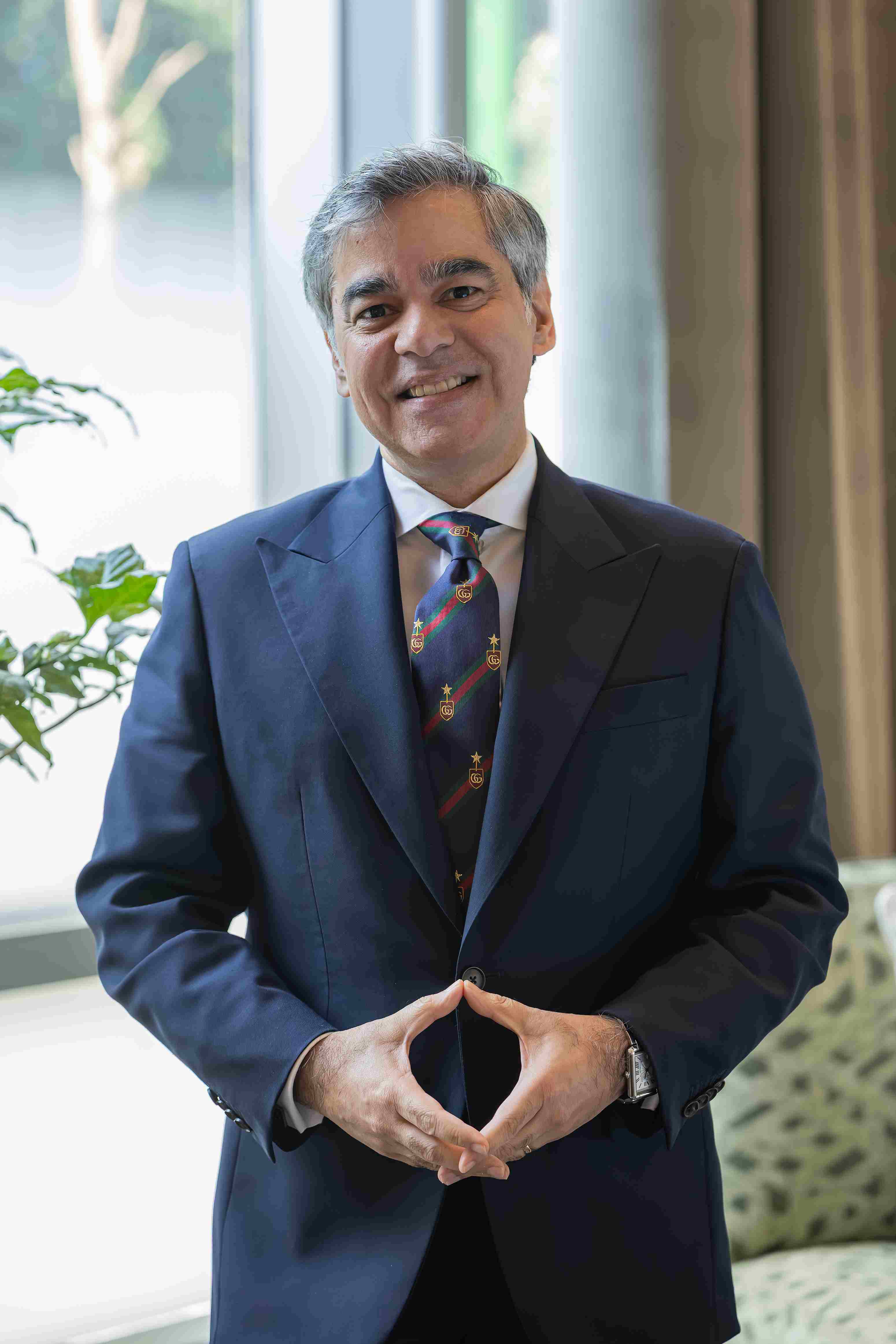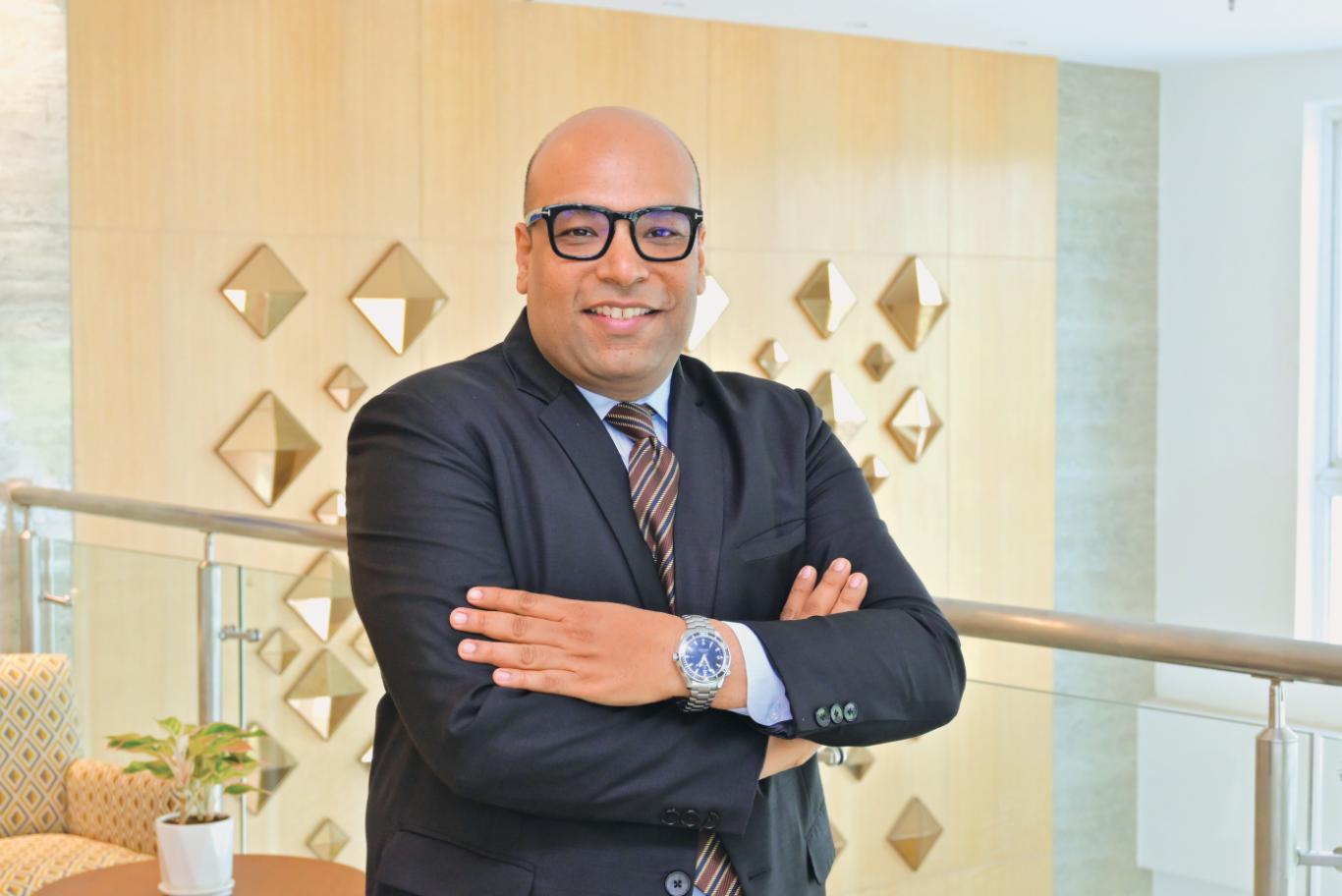Phil Chung, CEO, Yasho Bhomi (Kinexin), highlights untapped opportunities and challenges India faces in maximizing its appeal on the global stage. He suggests that India needs to exhibit its multifaceted appeal to the world aggressively, including foreign recognition about India as an adventure destination.
Janice Alyosius
Expressing his view on India’s potential as an attractive global destination in various fields, Phil Chung, Chief Executive Officer, Yasho Bhomi (Kinexin), says that India needs to adopt a more assertive approach in showcasing its allure to the world. “Why don’t we have Indian campaigns there? Why don’t we see promotion campaigns for India?” Chung says, emphasizing on the need for exhibiting India’s multifaceted appeal to the world more aggressively.
Citing the absence of prominent Indian campaigns featuring on billboards at Broadway in Manhattan, New York, he says, “To make India a truly attractive destination, we need to move away from the rigid stance. While India is often described as a corporate and convention destination, the foreign recognition about India is as an adventure destination. We are in much more need of indoor attractions. Following G20 Summit, organised under the India’s leadership, we must harness the country’s full potential, such as its population, industry opportunities, and competitiveness.”
Chung also stresses on the importance of government intervention in encouraging international conventions and exhibitions across diverse sectors. “If the Indian government mandates every industry to bring in more international conventions and exhibitions, covering top players from all industry sectors, it would be mutually beneficial. All the top-10 agenda events should be encouraged to take place in India and not in other countries. We need to analyse the top-10 events as per each industry and incentivize them,” Chung says.
Discussing challenges faced by foreign organisers, Chung underscores the lack of standardized tourism packages aligned with conventions in India. “When I try to introduce India or our venue in New Delhi to foreign organisers, they ask about the tourism packages available in India. They enquire about spouse programmes, half-day or full-day city tourism packages aligned with those conventions. They ask, ‘whom should we contact?’ There isn’t a standardized, easy platform or package, despite the presence of many travel agencies. For instance, we are in Dwarka, and people might ask about what is there to see in Dwarka and what its competitiveness is. So, we need city-by-city and region-by-region package programmes for all these aspects,” he points out.
Acknowledging India’s progress in various spheres, Chung suggests for setting up of a deregulation committee, specifically focusing on the M!CE industry. “India is doing well in every aspect, and I truly believe it will take some time, but maybe if somebody thinks about establishing a deregulation committee from the Central government or Ministry of Tourism, it would be nice. By deregulation, I mean easing regulations in the M!CE industry. Establishing a deregulation committee for this industry would help in simplifying the process of doing business, reducing permits, and implementing a single-window system. Focusing on these regulations might bring about significant changes in this industry because India is already full of many accommodations and tourism spots; all we need to do is make things a little better,” he concludes.
 TravTalk India Online Magazine
TravTalk India Online Magazine

